Maintaining the cleanliness and hygiene of your body piercings is crucial to ensure proper healing and prevent infections. One essential product for piercing aftercare is a good antibacterial soap. Choosing the right antibacterial soap for your piercings can make a significant difference in the healing process and overall health of your skin. In this comprehensive guide, we will explore the importance of using antibacterial soap for piercings, factors to consider when selecting the best one, and some top recommended products in the market. **Why Use Antibacterial Soap for Piercings** When you get a new piercing, whether it’s on your ear, nose, belly button, or any other body part, the healing process is a delicate one. Piercings create an open wound in the skin, making it susceptible to bacteria, dirt, and other contaminants. These foreign particles can lead to infections, irritation, and prolonged healing times if not properly addressed. Using an antibacterial soap is crucial for piercing aftercare because it helps kill bacteria, fungi, and other harmful microorganisms that can cause infections. Antibacterial soaps are specifically formulated to cleanse the skin effectively and reduce the risk of bacterial overgrowth near the piercing site.
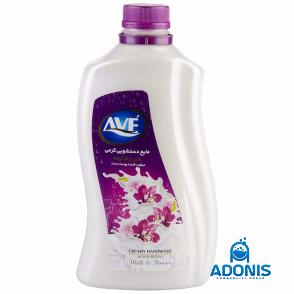
.
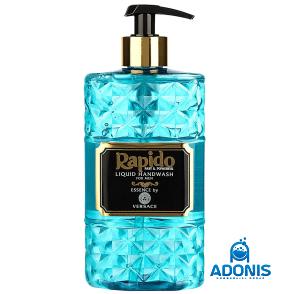 By incorporating an antibacterial soap into your daily piercing care routine, you can maintain better hygiene and support the natural healing process of your piercing. **Factors to Consider When Choosing Antibacterial Soap for Piercings** Not all antibacterial soaps are created equal, and selecting the right one for your piercings requires careful consideration. Here are some key factors to keep in mind when choosing an antibacterial soap for your piercings: 1. Mild Formulation: Opt for antibacterial soaps that are gentle and mild on the skin. Harsh or abrasive soaps can strip away natural oils and irritate the piercing site, leading to dryness and discomfort. 2. Alcohol-Free: Avoid antibacterial soaps that contain high levels of alcohol, as they can be too drying and harsh for healing piercings. Look for alcohol-free formulas that are soothing and non-irritating. 3. Moisturizing Ingredients: Choose antibacterial soaps enriched with moisturizing ingredients such as aloe vera, glycerin, or coconut oil. These ingredients can help keep the skin hydrated and prevent excessive dryness during the healing process. 4. Fragrance-Free: Fragrances and artificial dyes in soaps can cause allergic reactions and skin sensitivities, especially on a healing piercing. Opt for fragrance-free antibacterial soaps to minimize the risk of irritation. 5. Hypoallergenic: If you have sensitive skin or known allergies, consider using hypoallergenic antibacterial soaps that are free from common allergens and irritants. 6. pH-Balanced: Look for antibacterial soaps that are pH-balanced to match the natural acidity of the skin. Maintaining the skin’s optimal pH level can help promote healing and prevent infections. **Recommended Antibacterial Soaps for Piercings** 1. **Dr. Bronner’s Pure-Castile Liquid Soap**: Known for its gentle yet effective cleansing properties, Dr. Bronner’s Pure-Castile Liquid Soap is a popular choice for piercing aftercare. Made with organic and fair-trade ingredients, this soap is mild, moisturizing, and free from synthetic fragrances. 2. **Provon Medicated Lotion Soap with Chloroxylenol**: This antibacterial soap is specifically formulated for healthcare settings and is ideal for piercing aftercare. It contains chloroxylenol, a powerful antibacterial agent that helps prevent infections and promote healing. 3. **H2Ocean Piercing Aftercare Spray**: While not a traditional soap, H2Ocean Piercing Aftercare Spray is a convenient and effective alternative for cleansing piercings. This saline solution is gentle, sterile, and easy to use, making it suitable for all types of piercings.
By incorporating an antibacterial soap into your daily piercing care routine, you can maintain better hygiene and support the natural healing process of your piercing. **Factors to Consider When Choosing Antibacterial Soap for Piercings** Not all antibacterial soaps are created equal, and selecting the right one for your piercings requires careful consideration. Here are some key factors to keep in mind when choosing an antibacterial soap for your piercings: 1. Mild Formulation: Opt for antibacterial soaps that are gentle and mild on the skin. Harsh or abrasive soaps can strip away natural oils and irritate the piercing site, leading to dryness and discomfort. 2. Alcohol-Free: Avoid antibacterial soaps that contain high levels of alcohol, as they can be too drying and harsh for healing piercings. Look for alcohol-free formulas that are soothing and non-irritating. 3. Moisturizing Ingredients: Choose antibacterial soaps enriched with moisturizing ingredients such as aloe vera, glycerin, or coconut oil. These ingredients can help keep the skin hydrated and prevent excessive dryness during the healing process. 4. Fragrance-Free: Fragrances and artificial dyes in soaps can cause allergic reactions and skin sensitivities, especially on a healing piercing. Opt for fragrance-free antibacterial soaps to minimize the risk of irritation. 5. Hypoallergenic: If you have sensitive skin or known allergies, consider using hypoallergenic antibacterial soaps that are free from common allergens and irritants. 6. pH-Balanced: Look for antibacterial soaps that are pH-balanced to match the natural acidity of the skin. Maintaining the skin’s optimal pH level can help promote healing and prevent infections. **Recommended Antibacterial Soaps for Piercings** 1. **Dr. Bronner’s Pure-Castile Liquid Soap**: Known for its gentle yet effective cleansing properties, Dr. Bronner’s Pure-Castile Liquid Soap is a popular choice for piercing aftercare. Made with organic and fair-trade ingredients, this soap is mild, moisturizing, and free from synthetic fragrances. 2. **Provon Medicated Lotion Soap with Chloroxylenol**: This antibacterial soap is specifically formulated for healthcare settings and is ideal for piercing aftercare. It contains chloroxylenol, a powerful antibacterial agent that helps prevent infections and promote healing. 3. **H2Ocean Piercing Aftercare Spray**: While not a traditional soap, H2Ocean Piercing Aftercare Spray is a convenient and effective alternative for cleansing piercings. This saline solution is gentle, sterile, and easy to use, making it suitable for all types of piercings.
..
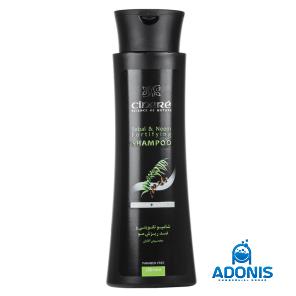 4. **Dial Antibacterial Liquid Hand Soap**: Dial is a well-known brand that offers a range of antibacterial soaps suitable for piercing aftercare. Their liquid hand soap is gentle, moisturizing, and effective at killing bacteria without drying out the skin. Choosing the right antibacterial soap for your piercings is a crucial step in ensuring proper healing and minimizing the risk of infections. By considering factors such as mildness, moisturizing properties, and hypoallergenic formulas, you can find a suitable soap that supports the health and comfort of your piercing. Incorporate a quality antibacterial soap into your daily piercing care routine, and you’ll be one step closer to enjoying beautifully healed piercings. Remember to follow the instructions provided by your piercer or healthcare professional for the proper care of your specific type of piercing. Here are a few additional tips to maximize the effectiveness of your chosen antibacterial soap for piercings: 1. **Hand-Washing**: Before touching your piercing or applying the antibacterial soap, make sure to wash your hands thoroughly with warm water and a mild soap. Clean hands are essential to prevent introducing bacteria to the piercing site. 2. **Gentle Cleansing**: When using the antibacterial soap on your piercing, be gentle and avoid scrubbing too hard. Use your fingertips to create a lather and carefully cleanse around the piercing area without causing unnecessary friction. 3. **Rinsing**: After cleansing the piercing with the antibacterial soap, rinse the area thoroughly with warm water to remove any soap residue. Leaving soap on the skin can lead to irritation and dryness, so ensure that you rinse the piercing site clean. 4. **Pat Dry**: After rinsing, pat the piercing site dry with a clean, lint-free cloth or a piece of gauze. Avoid using towels or cotton pads that may leave fibers behind and irritate the piercing.
4. **Dial Antibacterial Liquid Hand Soap**: Dial is a well-known brand that offers a range of antibacterial soaps suitable for piercing aftercare. Their liquid hand soap is gentle, moisturizing, and effective at killing bacteria without drying out the skin. Choosing the right antibacterial soap for your piercings is a crucial step in ensuring proper healing and minimizing the risk of infections. By considering factors such as mildness, moisturizing properties, and hypoallergenic formulas, you can find a suitable soap that supports the health and comfort of your piercing. Incorporate a quality antibacterial soap into your daily piercing care routine, and you’ll be one step closer to enjoying beautifully healed piercings. Remember to follow the instructions provided by your piercer or healthcare professional for the proper care of your specific type of piercing. Here are a few additional tips to maximize the effectiveness of your chosen antibacterial soap for piercings: 1. **Hand-Washing**: Before touching your piercing or applying the antibacterial soap, make sure to wash your hands thoroughly with warm water and a mild soap. Clean hands are essential to prevent introducing bacteria to the piercing site. 2. **Gentle Cleansing**: When using the antibacterial soap on your piercing, be gentle and avoid scrubbing too hard. Use your fingertips to create a lather and carefully cleanse around the piercing area without causing unnecessary friction. 3. **Rinsing**: After cleansing the piercing with the antibacterial soap, rinse the area thoroughly with warm water to remove any soap residue. Leaving soap on the skin can lead to irritation and dryness, so ensure that you rinse the piercing site clean. 4. **Pat Dry**: After rinsing, pat the piercing site dry with a clean, lint-free cloth or a piece of gauze. Avoid using towels or cotton pads that may leave fibers behind and irritate the piercing.
…
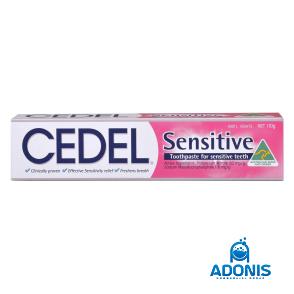 5. **Avoid Harsh Products**: In addition to using a gentle antibacterial soap, avoid applying harsh chemicals, alcohol-based products, hydrogen peroxide, or ointments not recommended by your piercer. These can disrupt the healing process and increase the risk of complications. 6. **Stay Consistent**: Consistency is key when it comes to piercing aftercare. Make it a habit to clean your piercing with the antibacterial soap as directed by your piercer, usually twice a day, until the piercing is fully healed. 7. **Monitor for Signs of Infection**: While using antibacterial soap can help prevent infections, it’s essential to monitor your piercing regularly for any signs of infection. If you notice increased redness, swelling, pain, pus discharge, or foul odor, contact your piercer or healthcare provider immediately. Remember that proper hygiene and care are essential for the successful healing of your piercings. By incorporating a good antibacterial soap into your daily routine and following best practices for aftercare, you can promote a smooth healing process and enjoy your new piercings without complications. In conclusion, choosing a suitable antibacterial soap for piercings is an essential aspect of piercing aftercare. By selecting a mild, moisturizing, fragrance-free, and pH-balanced soap, you can effectively cleanse the piercing site, prevent infections, and support the healing process. Incorporate the recommended antibacterial soaps into your daily piercing care routine, follow proper cleansing techniques, and stay vigilant for any signs of infection. With the right care and attention, your piercings will heal beautifully, allowing you to showcase your personal style with confidence.
5. **Avoid Harsh Products**: In addition to using a gentle antibacterial soap, avoid applying harsh chemicals, alcohol-based products, hydrogen peroxide, or ointments not recommended by your piercer. These can disrupt the healing process and increase the risk of complications. 6. **Stay Consistent**: Consistency is key when it comes to piercing aftercare. Make it a habit to clean your piercing with the antibacterial soap as directed by your piercer, usually twice a day, until the piercing is fully healed. 7. **Monitor for Signs of Infection**: While using antibacterial soap can help prevent infections, it’s essential to monitor your piercing regularly for any signs of infection. If you notice increased redness, swelling, pain, pus discharge, or foul odor, contact your piercer or healthcare provider immediately. Remember that proper hygiene and care are essential for the successful healing of your piercings. By incorporating a good antibacterial soap into your daily routine and following best practices for aftercare, you can promote a smooth healing process and enjoy your new piercings without complications. In conclusion, choosing a suitable antibacterial soap for piercings is an essential aspect of piercing aftercare. By selecting a mild, moisturizing, fragrance-free, and pH-balanced soap, you can effectively cleanse the piercing site, prevent infections, and support the healing process. Incorporate the recommended antibacterial soaps into your daily piercing care routine, follow proper cleansing techniques, and stay vigilant for any signs of infection. With the right care and attention, your piercings will heal beautifully, allowing you to showcase your personal style with confidence.

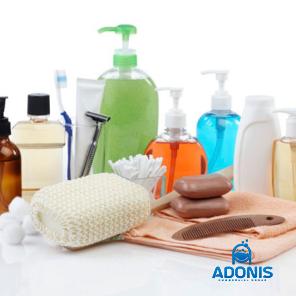
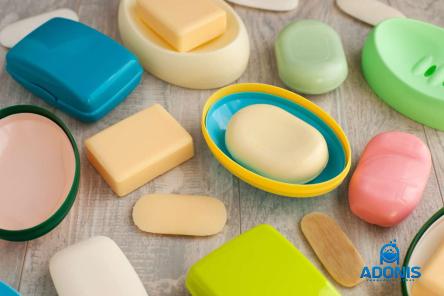
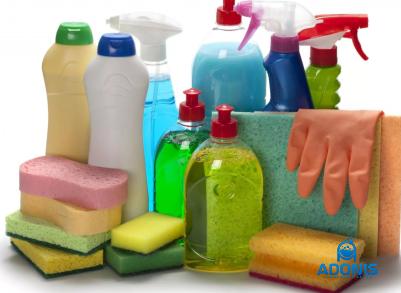
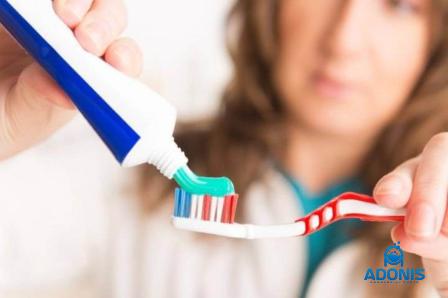
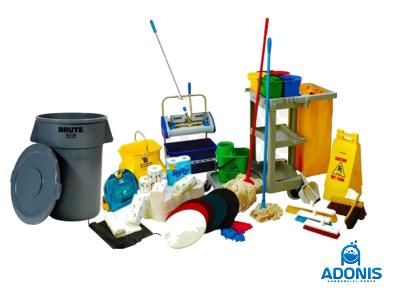
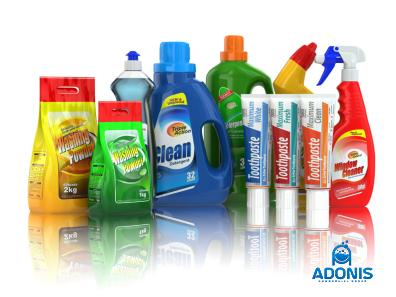
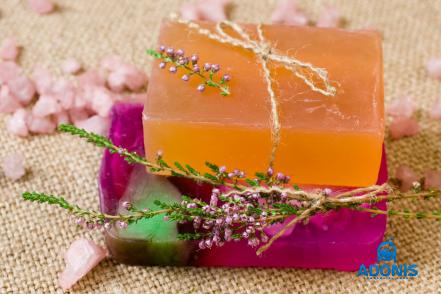
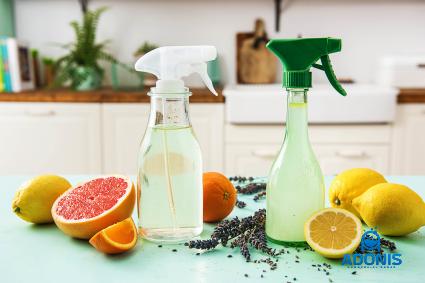
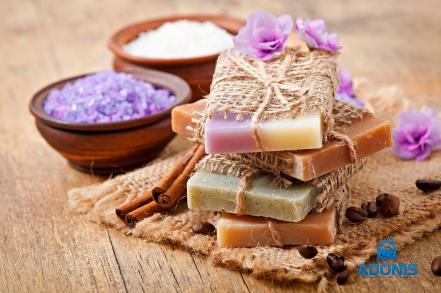
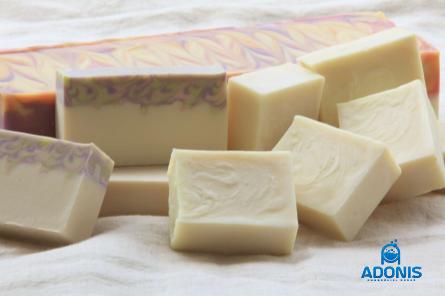
Your comment submitted.